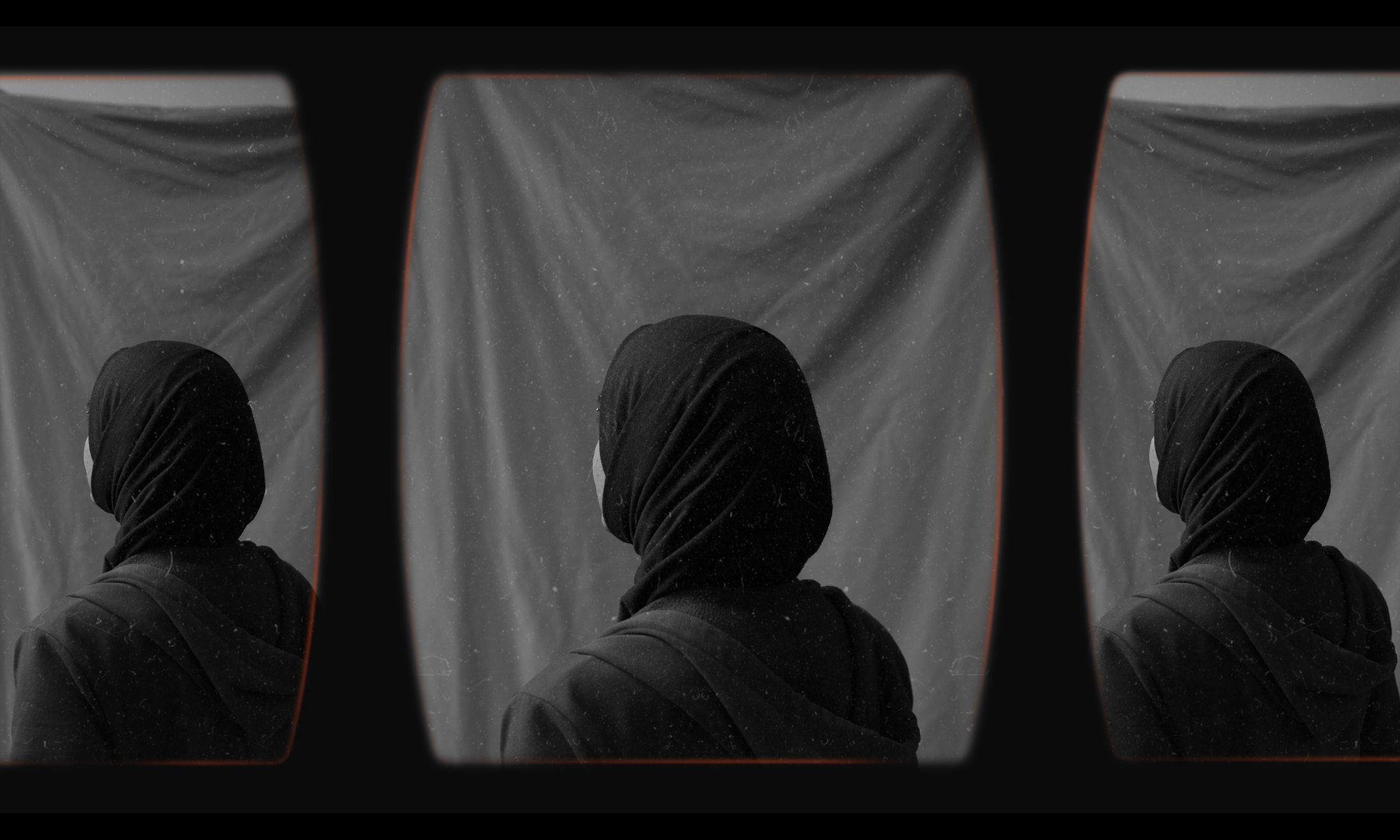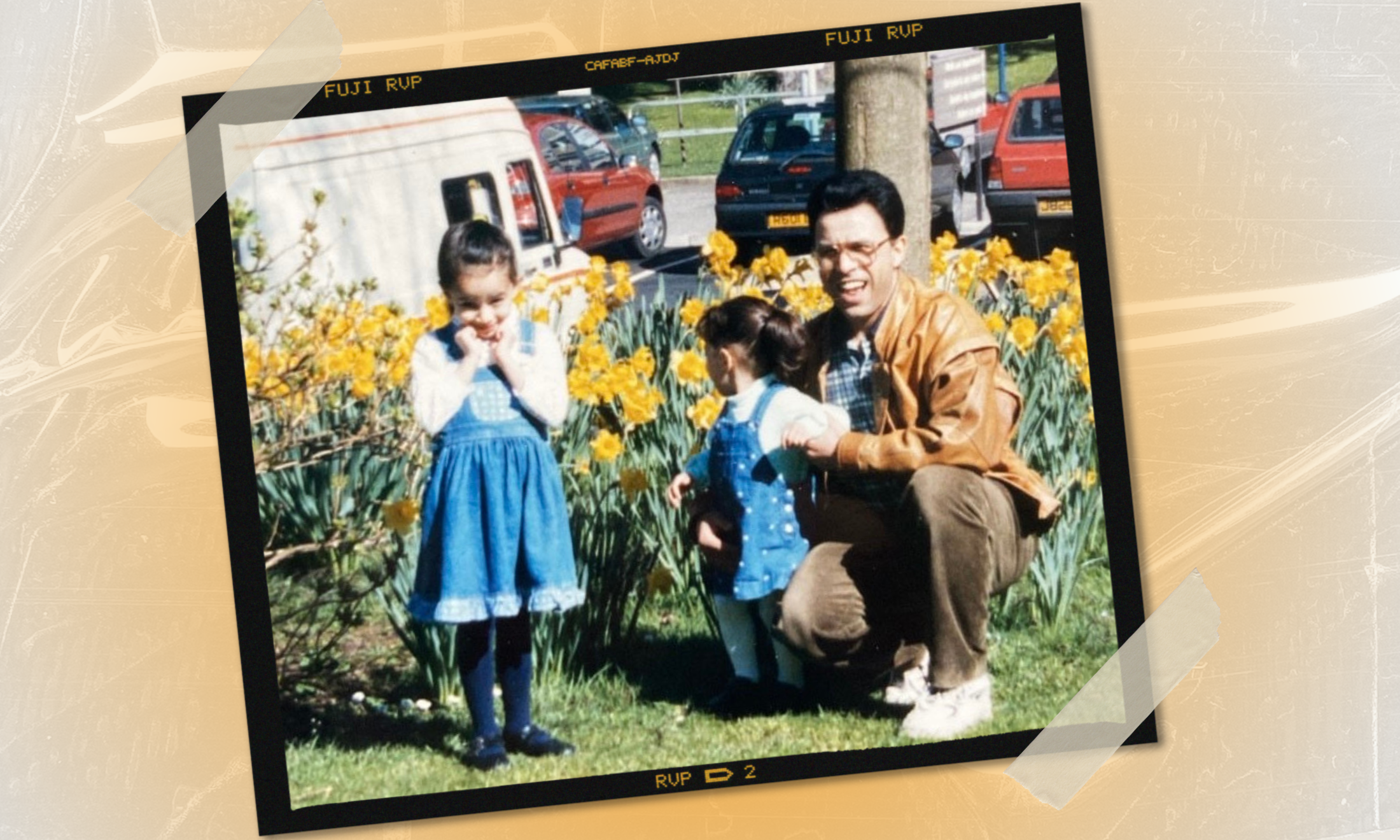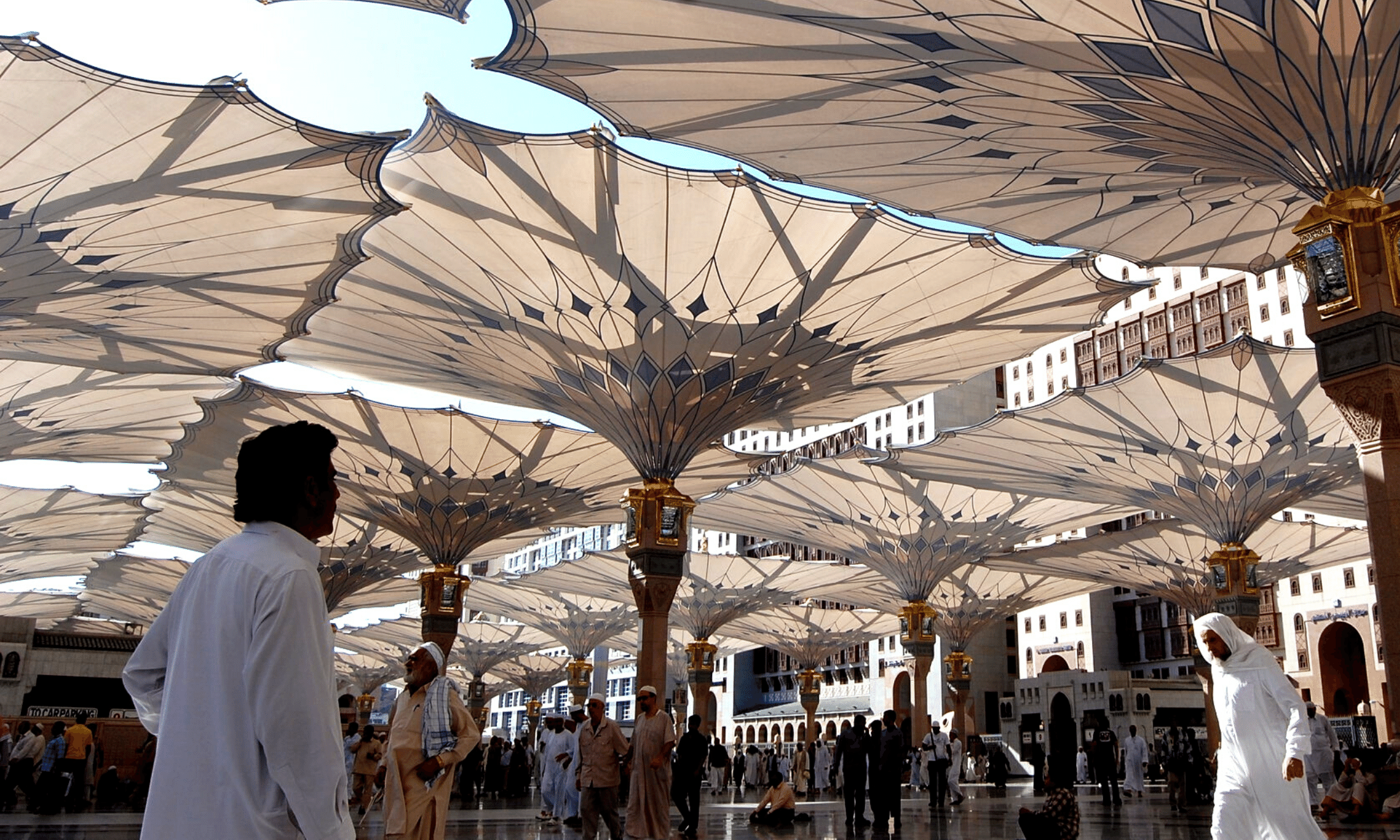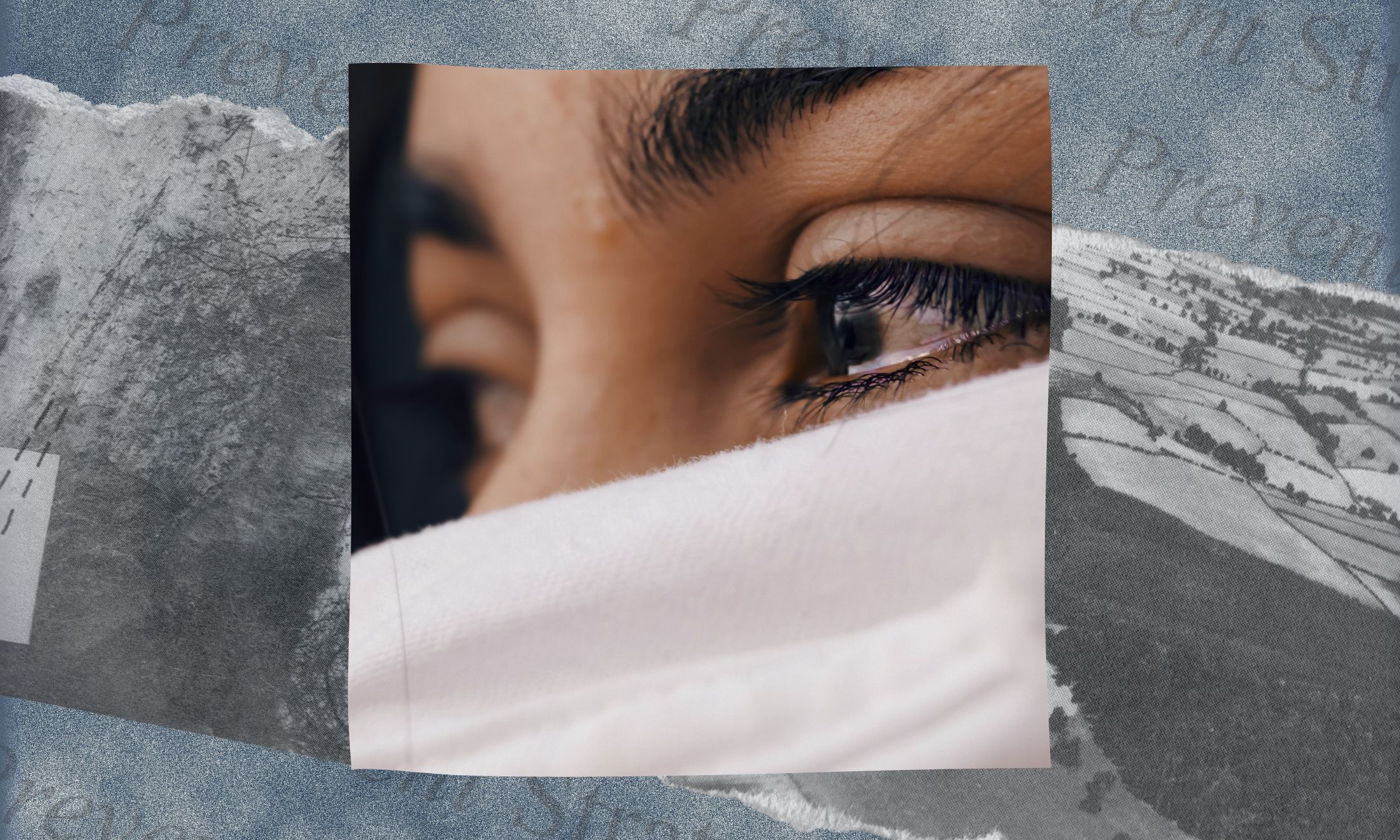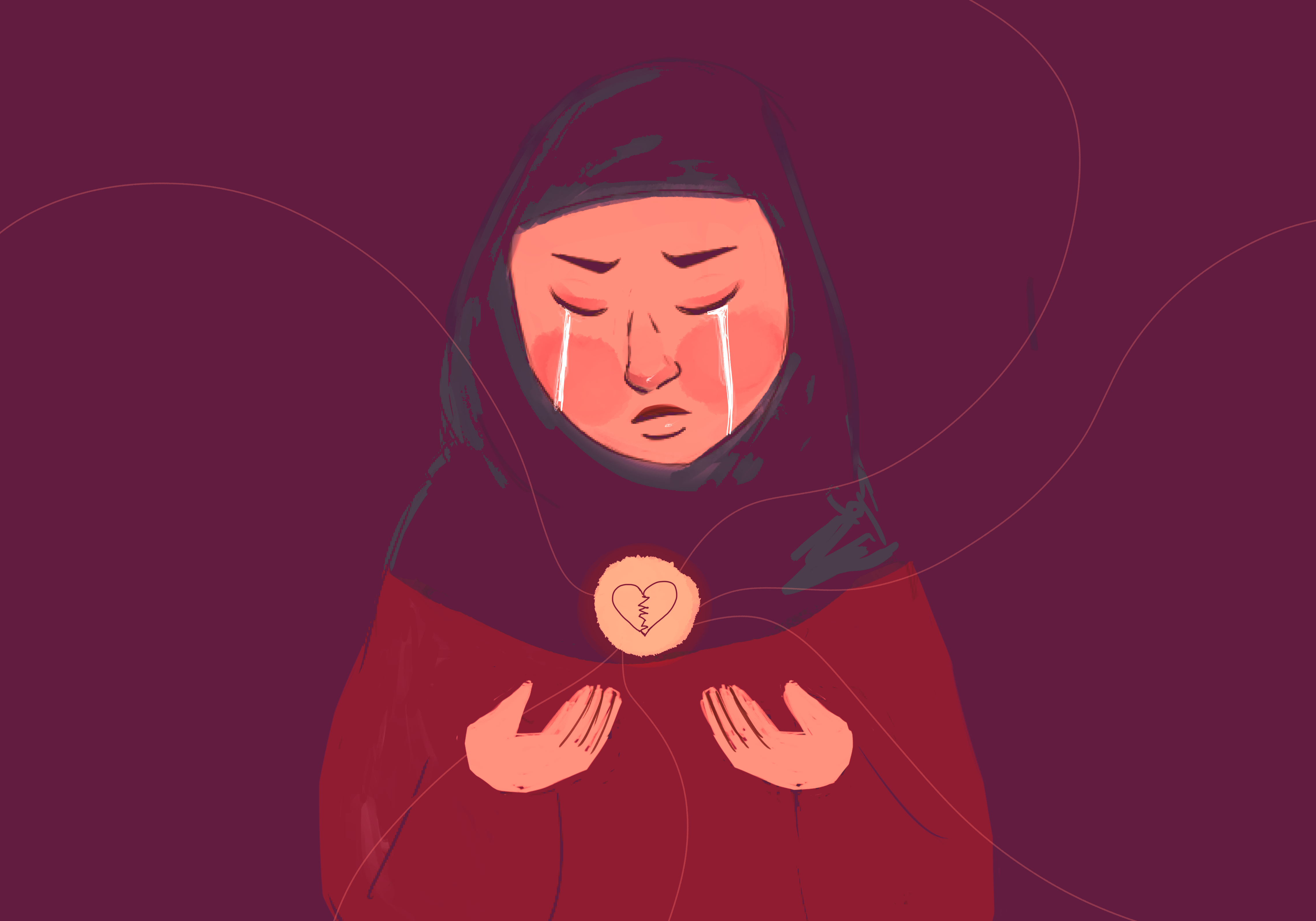
“You’re going to Hell”, my older cousin scolded, towering over my small eight year old body as I shrunk in my computer chair.
“It’s haram. It’s sinful. If you ever go on the Disney Channel website to play games again, you’ll burn in Hell and millions of maggots will feed off your rotting body for the rest of eternity!”
As I heard this throughout my life, this saying became a norm. My religious relatives would constantly warn me that if I didn’t live my life according to their views on Islam, Allah would hate me.
My parents, my mother’s siblings and their spouses immigrated from Bangladesh to America in the early 90’s. They all lived as neighbors, raising their children together, often travelling to Jackson Heights (where there was a large South Asian population) as they suddenly became isolated by the strange customs that went against everything they were taught. Couples kissing in public, women wearing skirts above their knees, drinking, and smoking. In fear that their children might become Amrikan [American], they tried their best to pass down their Islamic faith to my cousins and I as we became accustomed to American culture.
But instead of instilling their religious views into me, they instilled an extreme sense of fear; Allah was not seen as a safe haven that I could come to whenever I was in need of help. I didn’t view Him as a figure that was understanding, but of judgement. The adults in my family used Islam as a way to parent me and to control my behavior.
“You can’t have a phone until you’re in college! It’s HARAM!”
“Close your mouth when you yawn! Or else Shaythan [Satan] will piss in it!”
Of course, I naively accepted and believed everything they said, no matter how ridiculous it was. They were, after all, my elders. And not listening to them would be haram.
In hopes that I would grow up to be a good Muslim, my relatives wanted me to finish the Quran. Every weekend an elderly woman called Nanu, well known in the Bengali community, would come to our house and teach my siblings and I how to read the Quran. Nanu would recite the Arabic verses and we were ordered to repeat them. Of course, I had no idea what any of it meant. It was complete gibberish to me and soon, it became familiar gibberish as I was eventually able to clearly pronounce the words, still not knowing the translation of anything I read. Whenever Nanu would ring the bell, I would groan as I was to sit for an hour, becoming a faint echo of His hollow words. My relatives were appalled whenever I refused to practice reading the Quran, wondering why I wouldn’t want to read the Holy Book. They blamed it on everything but themselves: the culture clash, the immoral American lifestyle and iconoclastic news channels. I was raised completely in oblivion of my own religion while being expected to stay loyal to my faith. I felt as though I was living in an endless maze, a huzoor waiting to spit his ugly words at every dead end.
“I was raised completely in oblivion of my own religion while being expected to stay loyal to my faith”
I would be scolded by my relatives that I would go to Hell whenever my I did something that went against Allah’s orders, but no one ever told me why. I identified as being a Muslim my entire life, but I didn’t have a single clue as to what it meant to be a Muslim or the religion itself. I knew the basics: not to eat pork, to only eat Halal meat, say assalamualaikum to aunties and uncles, and no men in my life until I was married. But that was it. I was always told that something was sinful, but no one ever explained why. I was to just accept, never question, and move on with my life. But whenever I found myself questioning Islam, an immediate rush of guilt overcame me.
Being raised as a Muslim, the faith bleeds into every aspect of my life. My way of living, my relationships with others, family dynamics and my identity. Islam is everything I know, feel and do. And going against that means going against my family. It means going against everything I ever knew and lived by. But to me, what my relatives taught me about Islam seemed like the world was full of sin and my own oblivion. I was trapped.
I didn’t have the strong connection to Islam like my family. It almost felt uncomfortable and awkward whenever anyone said InshAllah or MashAllah. The words never sat well with me. I tried to avoid thinking about anything that had to do with Him because no one ever mentioned him in a positive light. Allah just seemed like someone that was waiting to punish me. When I was faced with a dilemma, everyone said to go pray to Him and ask Him for a solution. But how could I? How could I seek comfort in someone that was always mentioned with hellfire and punishment? How was he virtuous and forgiving when I was taught everything was a sin?
“They applied their own fears of what would become of their children in this Westernised world to their perception of God, establishing a fabrication of Islam”
More recently I realised that my relatives used Islam, regardless of whether what they said was entirely true, to make sure I would have good morals and manners. I had always believed that they were just restricting me from the life I’ve always wanted, which was listening to the hottest hits or going to parties with friends. I just thought they were typical strict Muslims parents that couldn’t bare to see their child become accustomed to the culture they were taught to live against. It’s understandably difficult for Muslim families to raise their children while navigating how to balance a culture they’re unfamiliar with, with their own customs. They applied their own fears of what would become of their children in this Westernised world to their perception of God, establishing a fabrication of Islam. But their regulations regarding Islam ultimately made me stray away from my faith. I know my relatives meant well when they regularly scolded me about Islam. Just like every parent, they just wanted the best for me and to become a good person. And of course, to become a good Muslim. Or at least, their version of a good Muslim.
I had believed that questioning my faith had made me a dishonourable Muslim and I couldn’t bare that shame. All my life, I had believed that the judgement I had always faced from my elders was a representation of Islam. What I failed to realise is that their actions and beliefs were not a reflection of what Allah stands for. I’m determined to embrace my faith and reconnect with God. But this time, on my own terms.

